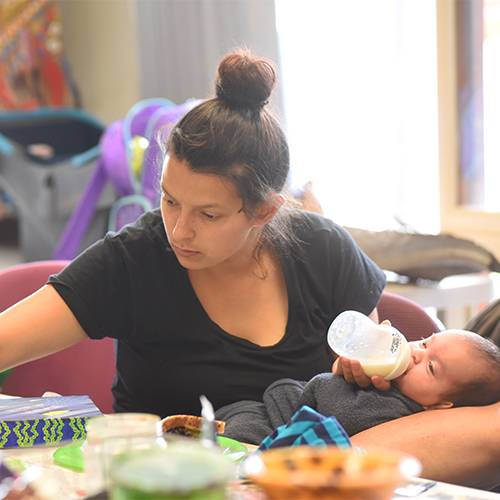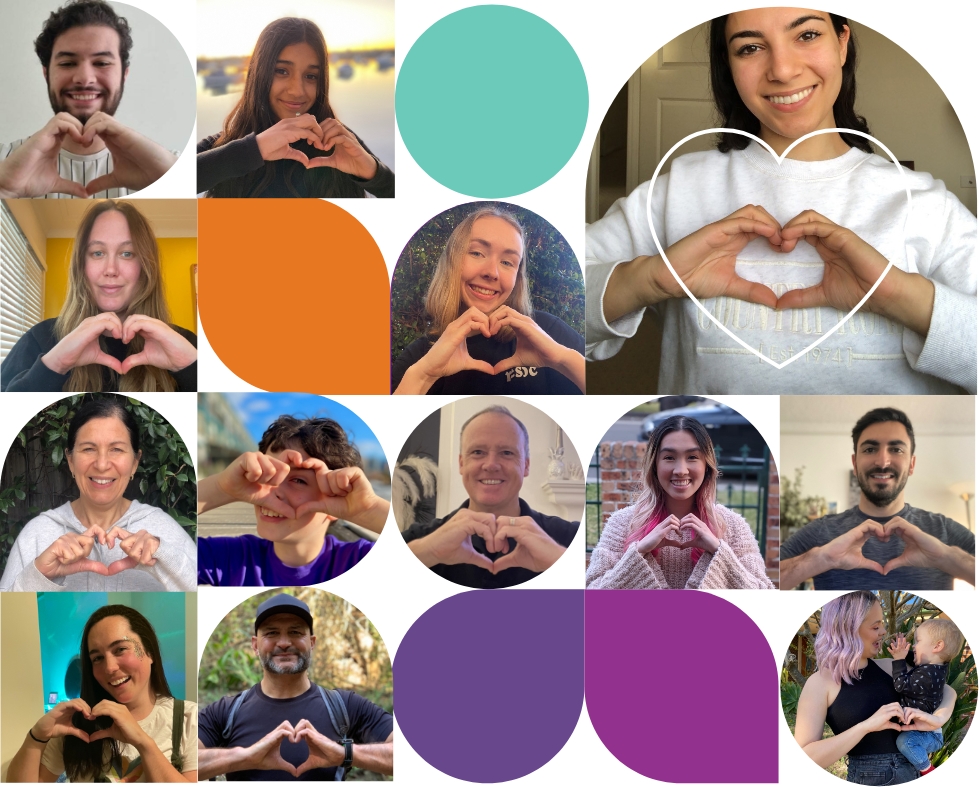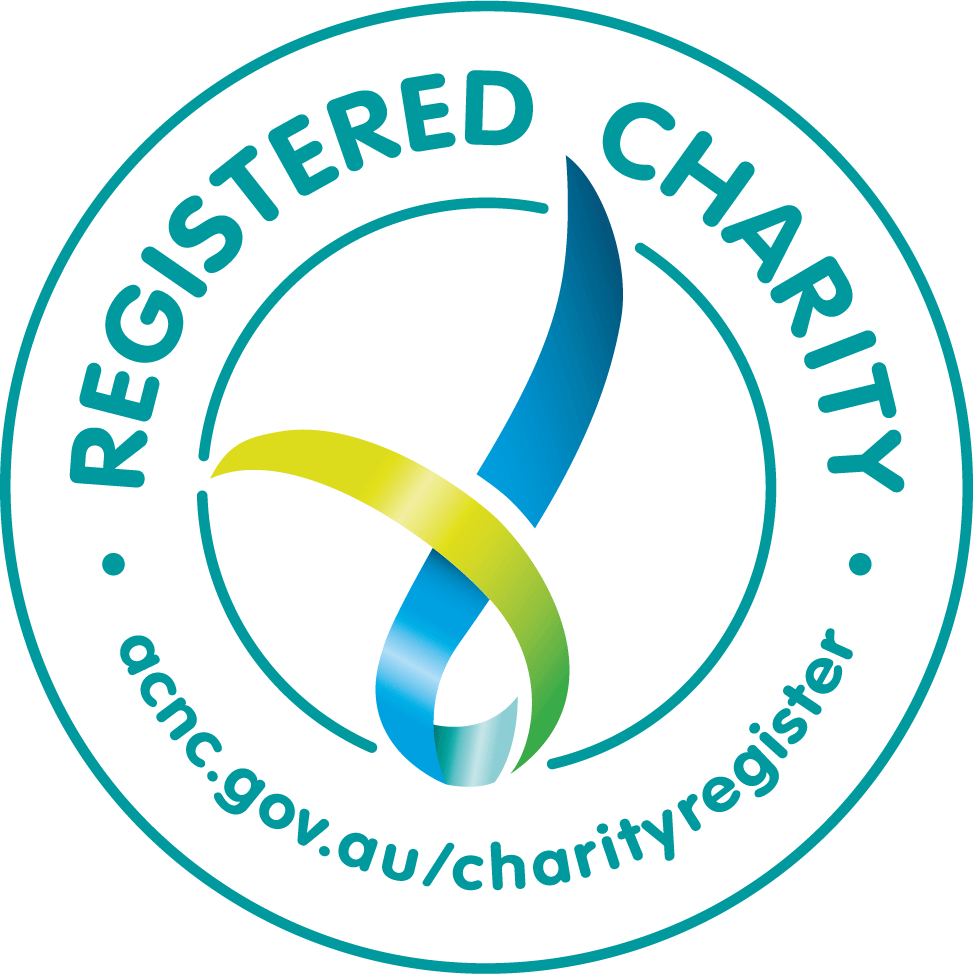“She grew up with cancer, she battled it for years, but cancer wasn’t who she was. She never let it define her or hold her back.”
Brooke was a vibrant and energetic toddler. But when she was just two years old, her world changed forever.
One evening, Brooke started vomiting. Concerned it may be more than just reflux, parents Karl and Olivia decided it was time to seek some help.
“We took her to a paediatrician, and they checked her from head to toe and found nothing,” explained Karl, Brooke’s dad.
Just days later, Brooke’s temperature began to rise, the vomiting returned, and Karl and Olivia decided it was time to visit their local hospital.
After being admitted, little Brooke suffered her first seizure and was rushed to The Children’s Hospital at Westmead by the Newborn and paediatric Emergency Transport Service (NETS).
When they arrived, a brain scan confirmed their greatest fear: their little girl had cancer.
In that moment, their strong, beautiful two-year-old girl began her lifelong journey with brain cancer.
For the next two years, Brooke battled paediatric ependymoma - a tumour that commonly affects children under five. Thankfully, with an incredible team and family behind her, Brooke came out the other side stronger than ever.
“Brooke endured an astonishing number of medical procedures that would be unimaginable to most, but she handled it all with incredible grace, courage and strength,” added Karl.
For the next few years, life almost returned to normal for the family of four. Karl and Olivia prepared an ecstatic Brooke for Kindergarten while their eldest daughter, Rochelle, started year five.
Unfortunately, just weeks out from Brooke starting Kindergarten, their whole world was once again turned upside down. - The cancer had returned.
“It was just a routine scan. We had to do them every three months, and you would always get the call saying you’re all good and then one day, I was sitting at work, waiting for the call to come through saying the scans were clear and instead the doctor called me directly and said, ‘you need to bring her in’. My stomach just dropped.”
It was confirmed that the then five-year-old Brooke had relapsed.
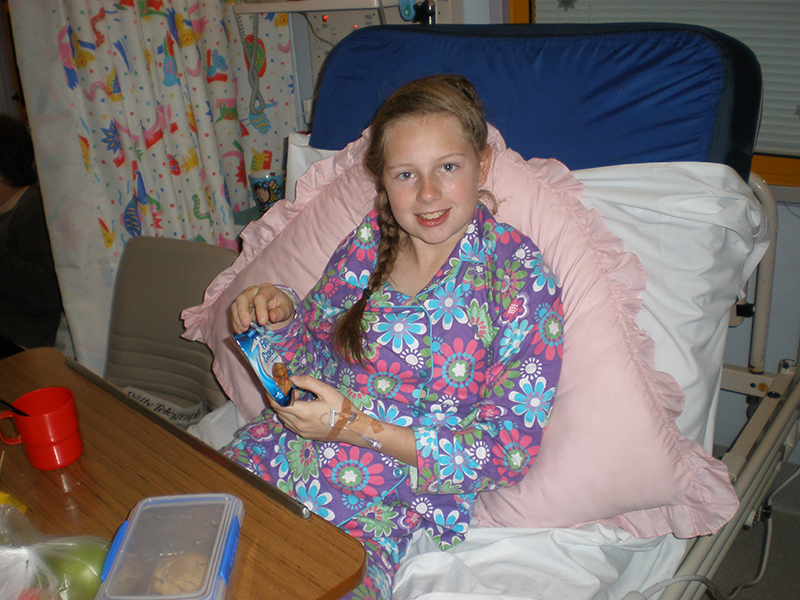
“At that moment, we thought the doctors’ initial predictions were becoming a reality. We thought we’d lost this time, but Brooke and the incredible team at The Children’s Hospital at Westmead were fighters, and they weren’t going to give up easily.”
After countless surgeries, rounds of chemotherapy and radiotherapy, Brooke was given the ‘all clear’ and was allowed to get back to the moments that mattered most in her childhood.
Back at school, she threw herself into all the activities she could. She began swimming, fundraising, baking, and laughing, and earned herself the title of ‘Cupcake Queen’. Despite her learning and hearing difficulties, Brooke excelled in school and made an incredible impact on all those around her, even managing to become Student Representative Council (SRC) President.
Over the next nine years, Brooke flourished, and the family began to believe she might just be one of the lucky 1 in 5 children who survive brain cancer.
Unfortunately, days after Brooke’s 14th birthday, she began complaining of headaches and fatigue. Hoping it was a result of the shunt in her brain, Karl and Olivia rang their trusted GP.
“They told us the best thing to do was take her to the Emergency Department at The Children’s Hospital at Westmead, and so we arrived there on a Thursday morning, thinking it was just a blocked shunt. We never even dreamed it could be another tumour.”
Just six hours later, Karl and Olivia were given the devastating news that Brooke had developed a rare brain tumour called Diffuse Intrinsic Pontine Glioma (DIPG) – the most aggressive of all childhood cancers.
DIPG grows diffusely and infiltrates healthy tissue in the critical structures of the brainstem, meaning surgical treatment is not possible. As a result, only 10% of children with DIPG survive for two years following their diagnosis, and less than 1% survive for five years.
“How do you tell your 14-year-old daughter she is going to die? She’d been through so much in her life and come out the other side and thought she survived. She wasn’t ready to hear that.”
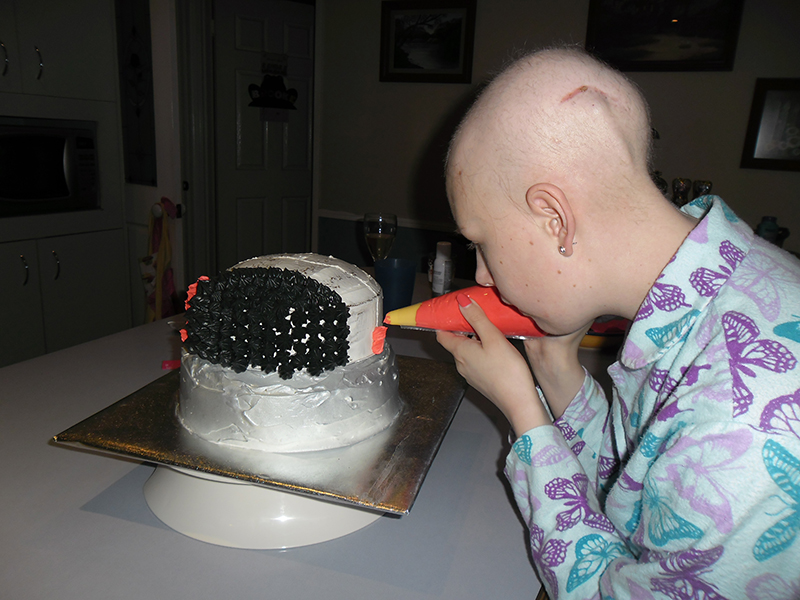
Over the next 14 months, the hospital tried everything available, from chemotherapy to radiation therapy, to world-first gene therapy clinical trials, but unfortunately, the tumour was not responding.
After digesting this difficult news, Karl and Oliva decided it was time to take Brooke home, and with the support of the incredible palliative care team, they had the chance to spend a few more beautiful moments with their little girl.
Recognising they may not have much time left with Brooke, Brooke’s older sister Rochelle decided to bring forward her wedding so her little sister could be a part of it all. In just eight short weeks, Brooke, Rochelle and Olivia planned the most incredible day, and Brooke was able to walk down the aisle by her sister's side.
Just days later, Brooke lost the ability to walk.
“She’d held on. She’d held on just for the wedding, and it meant the world to us to have her there with us. Those memories, those little moments are just so special. They are the things we will cherish forever.”
A few days after Christmas, Karl and Olivia had to make a phone call to the hospital for the last time, knowing Brooke was never going to come back home.
“There is nothing more difficult than that phone call, but the palliative care team and the social workers were there for us, all of us, no matter what we needed. I can’t put into words how thankful we are for that.”
For parents Karl and Olivia, the support they received from the social work and palliative care teams was invaluable.
When a family is thrown into the unfamiliar world of hospitals, surgeries and appointments it’s so important that both the child’s emotional and physical health is prioritised. Thanks to generous supporters like you, Sydney Children’s Hospitals Foundation helps fund multiple social workers across Sydney Children’s Hospitals Network so families like Brooke’s have emotional support right throughout their healthcare journey.
“It’s so important for them [social workers] to be a part of a patient's journey early because they aren’t just there to support the patient, they actually support the whole family along their journey.”
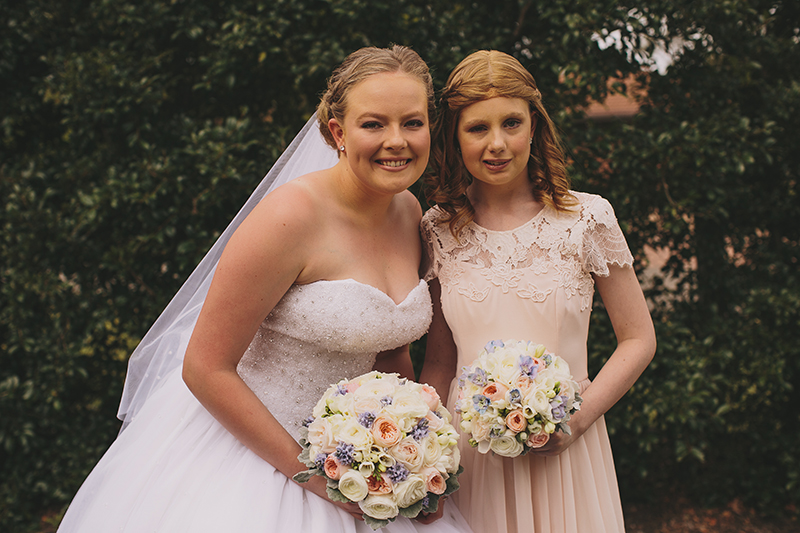
Not long after, at just 15 years old, Brooke passed away surrounded by her loved ones.
This Christmas, Brooke’s family are sharing their story in support of the Light Up Xmas Appeal to raise awareness and vital funds for Sydney’s children’s hospitals and research.
Focusing on the holistic care of children with brain tumors, Associate Professor Geoff McCowage, a Senior Paediatric Oncologist at The Children’s Hospital at Westmead, and Brooke’s clinician, is one of the many doctors determined to do more for kids like Brooke.
In the 25 years that A/Prof McCowage has worked at the Hospital, there have been some incredible advancements in the field of cancer. There are more treatments available, survival rates are improving, and the Cancer Centre for Children are now participating in more clinical research trials than ever before.
As a Senior Paediatric Oncologist, A/Prof McCowage has been involved in making many of these changes possible, including leading Gene Therapy Trials for children with brain tumors. He hopes that there will soon be a way to individualise treatment so that every child has the chance at a happy, healthy childhood.
“The heartbreak parents experience seeing their children going through the cancer ordeal is massive and the reason I started this job is because I wanted to play a part in helping. My hope is that, with continued research, we will eventually be able to analyse a child’s cancer cells in such great detail that we can identify a drug combination specific to their particular tumour, and create a treatment that works every time.”
This vital research is only possible with your support.
With your support this Christmas, we can help researchers like A/Prof McCowage turn breakthroughs into treatments, meaning kids in critical conditions don’t have to wait until it’s too late.




